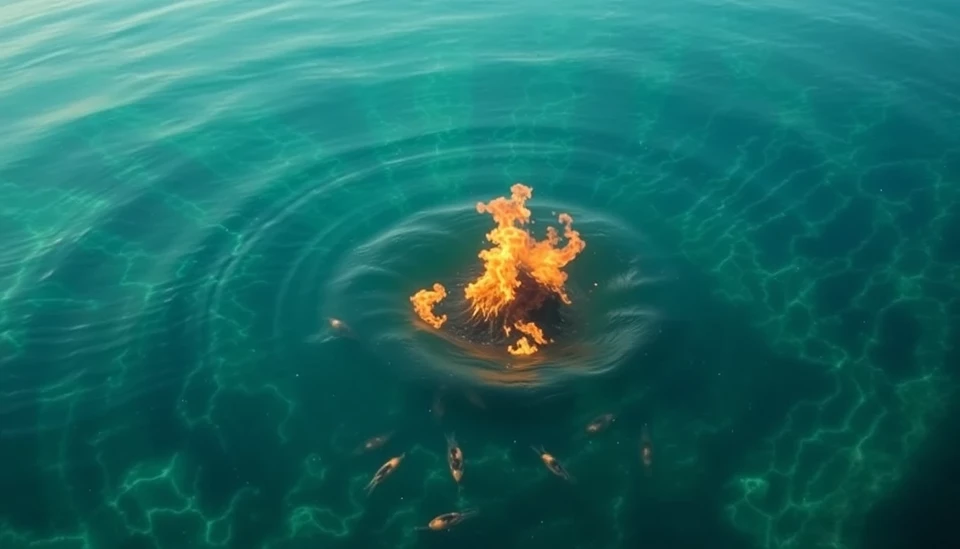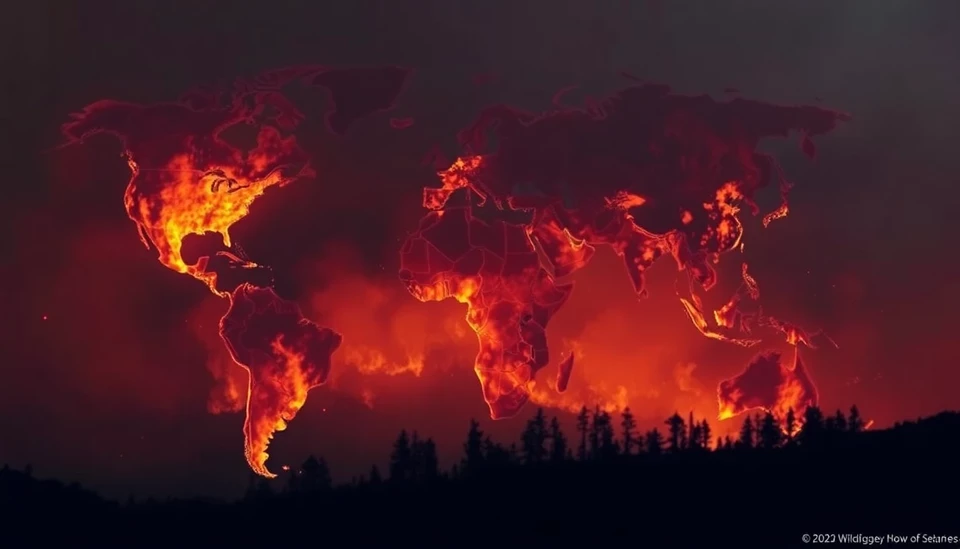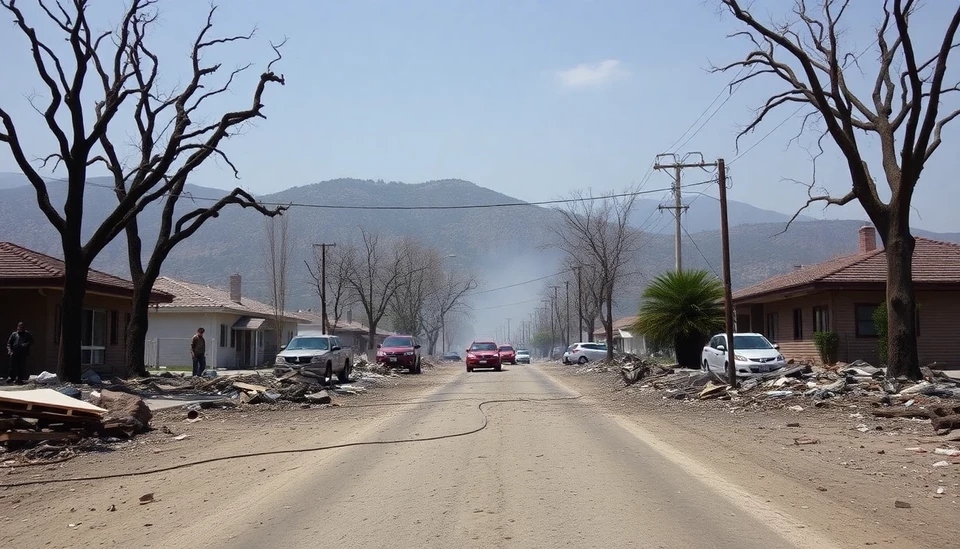
In a race against time, scientists are employing advanced measures to evaluate the consequences of the devastating wildfires that swept through the Los Angeles area on ocean ecosystems. These fires, which erupted in late January 2025, have raised alarms about their potential to significantly disrupt marine habitats and wildlife along the pristine Southern California coastline.
The wildfires, fanned by strong winds and dry conditions, have already scorched thousands of acres of vegetation, leaving behind a charred landscape that is increasingly prone to soil erosion. As rain begins to fall in the wake of the fires, scientists are intensely monitoring how ash and debris are washed into the ocean. This runoff presents a pressing environmental concern, as it can lead to harmful algal blooms and other ecological imbalances.
Prominent marine biologists and environmentalists are joining forces, employing high-tech drones and underwater sensors to track the distribution and concentration of pollutants derived from the burnt areas. According to preliminary reports, the influx of organic material and contaminants may disrupt the survivability of key species such as fish and invertebrates, which are integral to the marine food web.
One striking effect observed post-fire is the alteration of water quality due to the incorporation of ash and chemicals into the ocean. The ongoing studies focus on pH levels, nutrient composition, and temperature variations, which can create a less hospitable environment for marine life. Researchers are working diligently to document these changes and anticipate their long-term implications on biodiversity and the overall health of coastal ecosystems.
The immediate objective of the research teams is to establish baseline data against which future assessments can be compared, helping to gauge the broader ecological impact of the fires. They are particularly interested in how species like sea otters and kelp forests might be affected, as these are crucial to maintaining balance within the local marine biodiversity.
In light of the ongoing fires and their repercussions, local governmental and environmental organizations are calling for increased funding for restoration efforts and ecological resilience programs. There is a growing acknowledgment that wildfires linked to climate change are likely to become more frequent, necessitating proactive measures and scientific studies to protect ocean life.
As scientists embark on this significant research journey, the hope is that their findings will not only illuminate the immediate impact of the Los Angeles fires but also push forward broader conversations around wildlife conservation and climate adaptation strategies along coastal regions worldwide. Immediate action, community awareness, and scientific vigilance will play pivotal roles in safeguarding the delicate balance of marine ecosystems in the face of environmental threats.
While the fire may have subsided, the battle to understand its consequences on ocean life has only just begun. The findings from this research could shape future policies and preventive measures that could mitigate damage from such calamities in years to come.
As they gear up for upcoming data collection phases, the collaborative efforts of scientists and environmentalists signal a unified commitment to preserving the fragile network of life in the ocean, ensuring a healthier habitat for present and future generations.
#LosAngelesFires #MarineEcology #WildfireImpact #EnvironmentalResearch #Conservation #ClimateChange #OceanHealth #Biodiversity
Author: Megan Clarke




